Violence research focus of $7.5M grants to School of Nursing
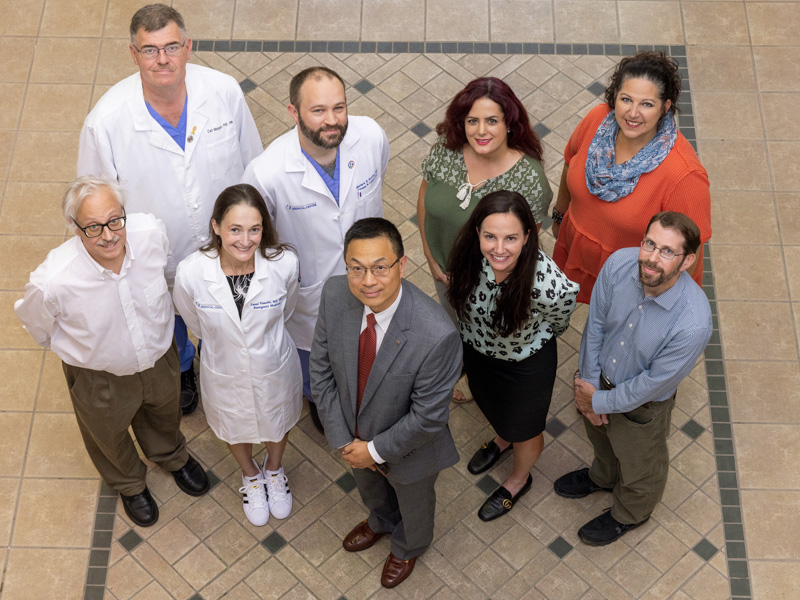
The month of September was particularly fruitful for Dr. Lei Zhang, professor and associate dean for research and scholarship in the School of Nursing.
In the span of five days, he was awarded two grants: $5.5 million from the National Institutes of Health to establish the Mississippi Violence Injury Prevention Program, and $2 million from the Department of Health and Human Services to help prevent domestic violence against women.
That both are related to violence is no coincidence, said Zhang, who partnered with multidisciplinary teams, both internal and external, in preparing the grants.

“Each grant will enhance the other,” said Zhang. “Gun violence and intimate partner violence are deeply interconnected. IPV perpetrators often use firearms to emotionally abuse and coercively control victims.”
Mississippi had the highest firearm mortality rate in the nation in 2020, and Jackson’s homicide rate was three times higher than the rest of the state and 15 times higher than the nation in 2021. Mississippi also has the highest prevalence of IPV, according to the Centers for Disease Control and Prevention.
“Substance use is a risk factor for both gun violence and IPV, so I feel we need to tackle them together,” said Zhang.
Violence Injury Prevention Program
The NIH grant, awarded over five years, will consist of two parts. During the first two years, researchers will survey patients on the root causes of their injuries, which include economic stress, housing instability, adverse childhood experiences and mental health issues. In the last three years, the team will help develop community- and hospital-based resources to address those causes and integrate them into outreach efforts and patient care.
The VIP program represents a change in mindset in the treatment gunshot victims receive, said Zhang, going beyond patching up bullet holes and discharging patients to return to the circumstances that contributed to their injuries.
“This program will help transition our ability to care for victims from a reactive, physical injury-focused approach to a more holistic, community-based focus,” said Zhang. “In addition to increasing survival with high-quality medical and surgical care, it aims to decrease the incidence of gunshot wounds in the first place. We think this approach will work because it relies not on doctors and hospitals telling patients what to do, but instead on hospital and community providers coming together to address the needs identified by communities injured by gun violence.”
Housed in the School of Nursing, the program consists of 11 investigators from nursing, surgery, emergency medicine, psychiatry, preventive medicine, data science and two support staff.
Dr. Matthew Kutcher, associate professor of surgery-trauma and critical care, said the program extends the bond surgeons form with patients, allowing them to link patients and their families with services surgeons cannot provide: sending credible messengers immediately into the community to prevent retaliation, providing mentorship from community members recovering from violence, treating long-term post-traumatic stress disorder, and addressing the underlying conditions that led to the injury, including poverty, structural racism, housing insecurity, lack of transportation and need for substance abuse treatment.
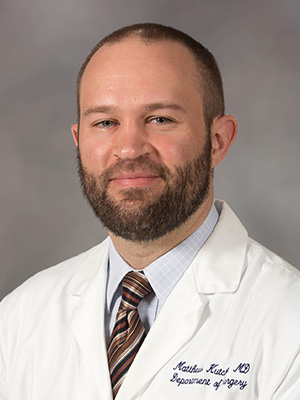
“No matter how many well-trained physicians and surgeons, how much cutting-edge medical technology, and how much institutional and taxpayer financial support we bring to the care of firearm-injured patients,” said Kutcher, co-principal investigator, “without addressing the root causes that keep our state at the top of the list for gun violence, we’re chasing the problem from behind.
“This grant helps support an opportunity for us to turn this around, to make UMMC not just the state’s only Level 1 trauma center, but to make it into a national example of what health care can look like when it is tightly linked to the needs and voice of the community.”
Dr. Laura Vearrier, associate professor of emergency medicine and co-principal investigator, said it was critical that the ER be involved in the program because it is the entry point into the health care system for violently injured patients, and for some, the only interaction they have ever had.
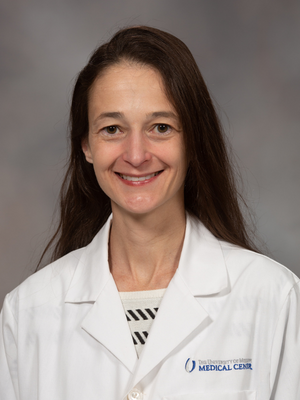
“There is also the concept of the ‘golden hours’ of trauma that occur after a patient has been injured,” said Vearrier. “In the immediate aftermath of trauma, patients experience complex emotions that may lead them to contemplate retaliation or consider lifestyle changes. This impressionable time opens an opportunity to facilitate positive change.”
PTSD, depression and other mental health conditions associated with firearm-related injuries can interfere with recovery, said Dr. Matthew Morris, associate professor of psychiatry and co-investigator.
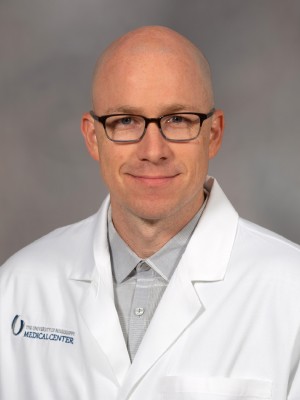
“Posttraumatic stress symptoms and post-injury pain amplify one another in the aftermath of firearm injury,” said Morris. “Having a clinical psychologist on this multidisciplinary research team is important for understanding how mental health can influence firearm injury incidence and recovery.”
Hospital-based violence intervention programs have been proven to significantly improve public safety, said Rukia Lumumba, executive director of People’s Advocacy Institute and community outreach organizer of the program. “Through the support of the NIH, community-based organizations and Mississippi’s largest trauma hospital, we will come together to achieve similar outcomes here in Jackson and Mississippi.”
UMMC is one of four medical centers awarded NIH grants in September to address gun violence, joining George Washington University, University of Michigan at Ann Arbor and University of Chicago.
Women, intimate partner violence and substance use disorders
The HHS grant is a three-year project designed to train substance use disorder providers in intimate partner violence and address the intersection of intimate partner violence and substance use disorders during pregnancy and postpartum. Morris is also co-principal investigator on this grant, along with Dr. Michelle Owens, professor of obstetrics and gynecology.
Mississippi has the highest prevalence of any physical intimate partner violence, as well as before pregnancy, and second highest during pregnancy, according to the Centers for Disease Control and Prevention.
Often unreported, intimate partner violence affects as many as 50 percent of young, single, poor, minority pregnant women, said Zhang, and substance use disorder providers aren’t necessarily trained to provide the needed resources.
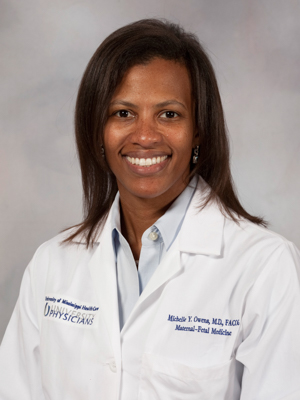
“Bridging these gaps through an integrated approach undergirded by community partnership will hopefully provide the necessary wrap-around support for those struggling with IPV, SUD and new motherhood, empowering them to take the steps to secure their health, safety and a better future for themselves and their families,” said Owens. “We also want to strengthen the ability of providers to identify and readily assist those individuals who are victims or at risk of IPV.”
The SUD and IPV among Mississippi’s Moms – Initiative to Prevent and Treat program (SIMM Initiative) is one of five funded by the HHS to develop statewide pilot projects that include partnerships with domestic and sexual violence organizations at the state and local level. Others are the Domestic Violence Action Center in Hawaii, Hektoen Institute for Medical Research in Illinois, Texas A&M Health Science Center and Virginia Commonwealth University.
The team of investigators also includes telehealth, emergency medicine, psychiatry, the University of Mississippi and four community health partners.
Dr. Julie Sanford, dean of the School of Nursing, said the significance of Zhang’s being awarded the two grants cannot be overstated.

“It is difficult to obtain one grant award of this magnitude, much less two,” she said. “Violence is a particularly challenging problem for Mississippi, and these programs will help prevent the devastation that it causes. SON has invested heavily into growing our research mission. Under Dr. Zhang’s leadership, we’ve made tremendous strides.”


